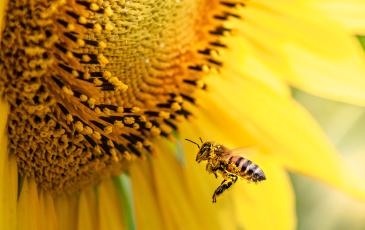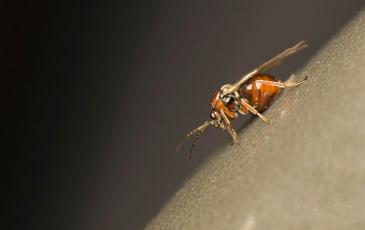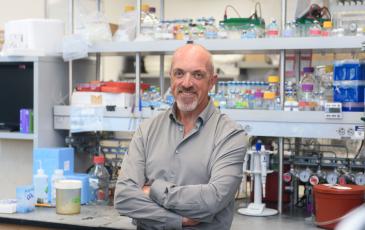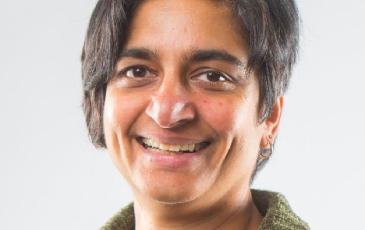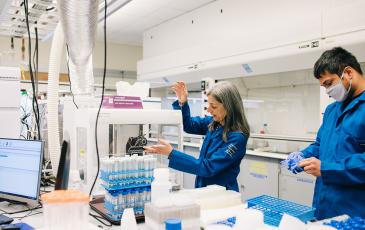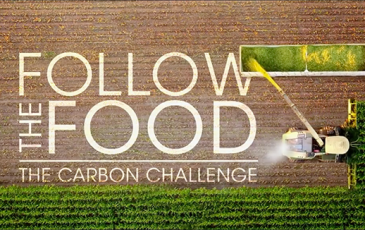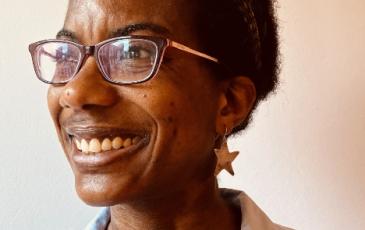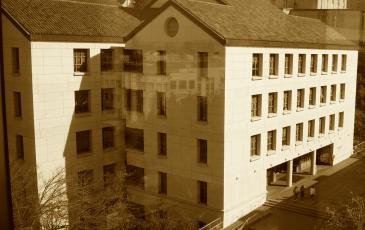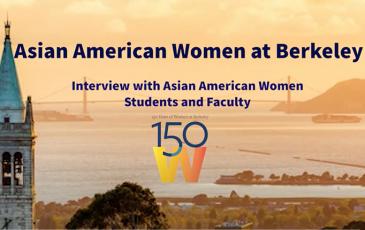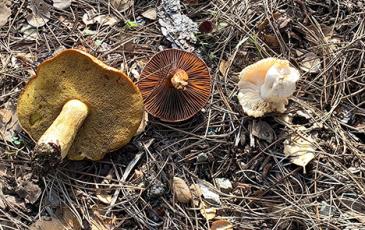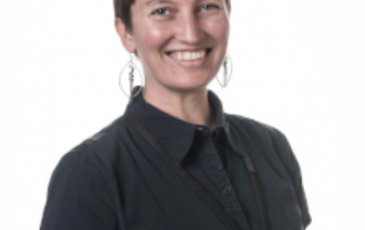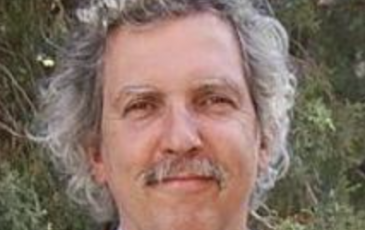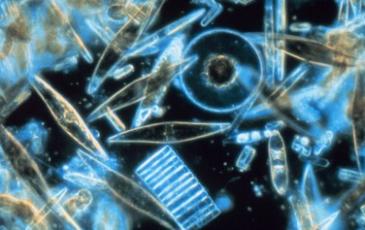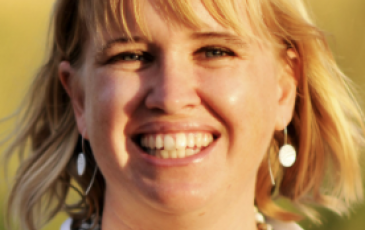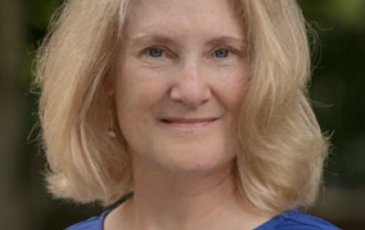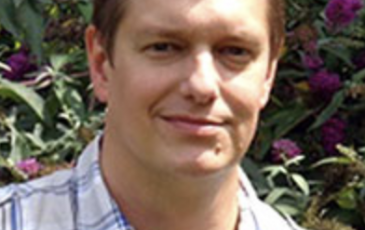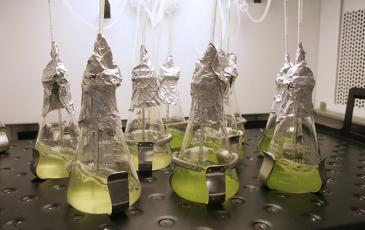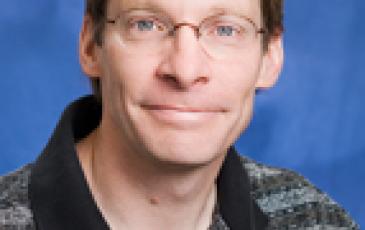How sunflowers bring all the bees to the yard
Professor Benjamin Blackman's collaborative research project on sunflowers was featured in a PBS video about how they are able to predict where and when the sun will travel each day.
What wasps can teach us about engineering plants
Professor Patrick Shih and graduate student Kasey Markel’s studies of how Cynipid wasps reprogram oak trees may hold clues to new methods of engineering plants.
Microbes to the rescue with John Coates
Coates, a professor in PMB and director of the Energy and Biosciences Institute, spoke to the American Society for Microbiology about his research in applied and environmental microbiology.
Decolonizing Botany
What does it mean to practice biology as a feminist? Tracing the colonial roots of botany, I re-imagine a more inclusive and capacious field of botany untethered and decentered from its origins in histories of racism, slavery, and colonialism.
The small alga with a big impact
PMB Professor Sabeeha Merchant breaks down the impact of sequencing the Chlamydomonas reinhardtii genome.
RIPE Project featured by BBC
Professor Krishna Niyogi and his lab are collaborators on the project, which works to improve plant photosynthesis and increase yields for farmers worldwide.
Micro-crowdsourcing: how a swarming bacterial pathogen utilizes identity information for collective behaviors
In the Gibbs research group, our goal is to identify the mechanisms that underlie self versus non-self recognition in cells.
“Bamboo ceiling:” Zinmay Renee Sung uplifts experiences of Asian American women
With the 150 Years of Women at Berkeley campaign, professor emerita Sung led a video project interviewing faculty, students, and staff.
Fungi and Friends: Uncapping Ingredients for Better Living
Perhaps you’ve been foraging for mushrooms this season? Or are you just casually curious about the world’s continuing appetite for, and fascination with, fungi?
Deciphering virus entry mechanisms: from bacteriophages to giant viruses
Viruses infect their respective hosts efficiently through a regulated process of recognizing highly specific receptors and subsequently transferring genomic material across cell membrane barriers.
What's going on in there? A multi-pronged approach to investigating mechanisms of the lichen symbiosis
The goal of my research is to use fungal symbioses, such as lichens, to address large scale questions such as mechanisms driving the latitudinal diversity gradient and projected outcomes of global climate change.
The supramolecular structure of the bacterial stress sensing platform unveils its mechanism of activation
Allison Williams is a self-described structural microbiologist, interested in the interacting networks of bacterial nanomachines and how they sustain life through cellular communication.
Cracking the Secrets of the Diatom’s Shell
Professor Kris Niyogi and Berkeley Lab research scientist Setsuko Wakao are featured in a podcast about diatom structure and genetics.
Looking back to look forward: the evo-devo of unisexual flower development in the grasses
I am fascinated by the diversity of shape and form present in flowering plants. Research in my lab is focused on understanding the molecular underpinnings of this diversity – both how it develops and how it evolves.
View video below:
Arnon Lecture: Circadian regulation of gene expression in vivo and in vitro
Susan Golden received a B.A. (1978) in Biology from Mississippi University for Women and a Ph.D. (1983) in Genetics from the University of Missouri.
Wiring Plant Development through Receptor Kinase Signaling Circuit
My lab uses multiple approaches to dissect plant stem cell signaling networks including genetics, genomics, live tissue imaging, and cell biological and biochemical methods.
View video below:
Green algae reveal one mRNA encodes many proteins
In a new study, researchers in professor Sabeeha Merchant's lab outline a previously unknown similarity between bacteria and more complex forms of life.
What is oxidative stress, and when does it matter?
Professor of Microbiology Romano Scholar Associate Director, MCB Graduate Program Research Topics Enzymology, Microbial Physiology Education B.S. (Chemistry, English), Duke University, 1981 Ph.D.


